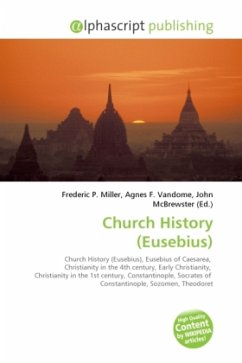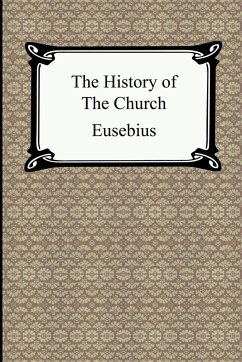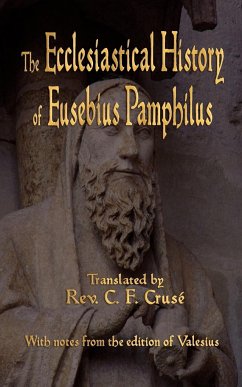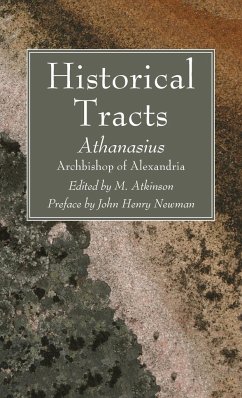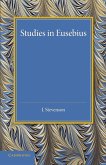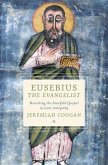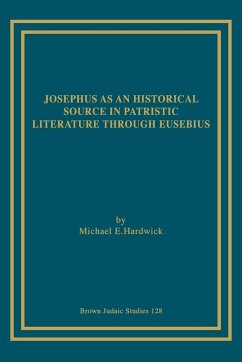The Church History of Eusebius of Caesarea was a fourth- century pioneer work giving a chronological account of the development of Early Christianity from the first century. It was written in Koine Greek, and survives also in Latin, Syriac and Armenian manuscripts.The result was the first full-length historical narrative written from a Christian point of view.In the early fifth century two advocates in Constantinople, Socrates Scholasticus and Sozomen, and a bishop, Theodoret of Cyrrhus, Syria, wrote continuations of Eusebius' church history, establishing the convention of continuators that would determine to a great extent the way history was written for the next thousand years. Eusebius' Chronicle, that attempted to lay out a comparative timeline of pagan and Old Testament history, set the model for the other historiographical genre, the medieval chronicle or universal history.Eusebius made use of many ecclesiastical monuments and documents, acts of the martyrs, letters, extracts from earlier Christian writings, lists of bishops, and similar sources, often quoting the originals at great length so that his work contains materials not elsewhere preserved.
Bitte wählen Sie Ihr Anliegen aus.
Rechnungen
Retourenschein anfordern
Bestellstatus
Storno

